Meet the Faculty
A strong team of experienced educators, clinicians, and researchers guides Foundations of Psychedelic Therapy. Each faculty member brings unique expertise and perspectives, creating a rich learning environment where science, practice, and ethics come together.
Core Faculty
The Core Faculty was chosen for their extensive experience, diverse expertise, and leadership in psychedelic-assisted therapy, clinical research, ethics, and education.
These global experts contribute to curriculum development, teaching, and mentorship, guided by integrity, professionalism, and a profound understanding of therapy.
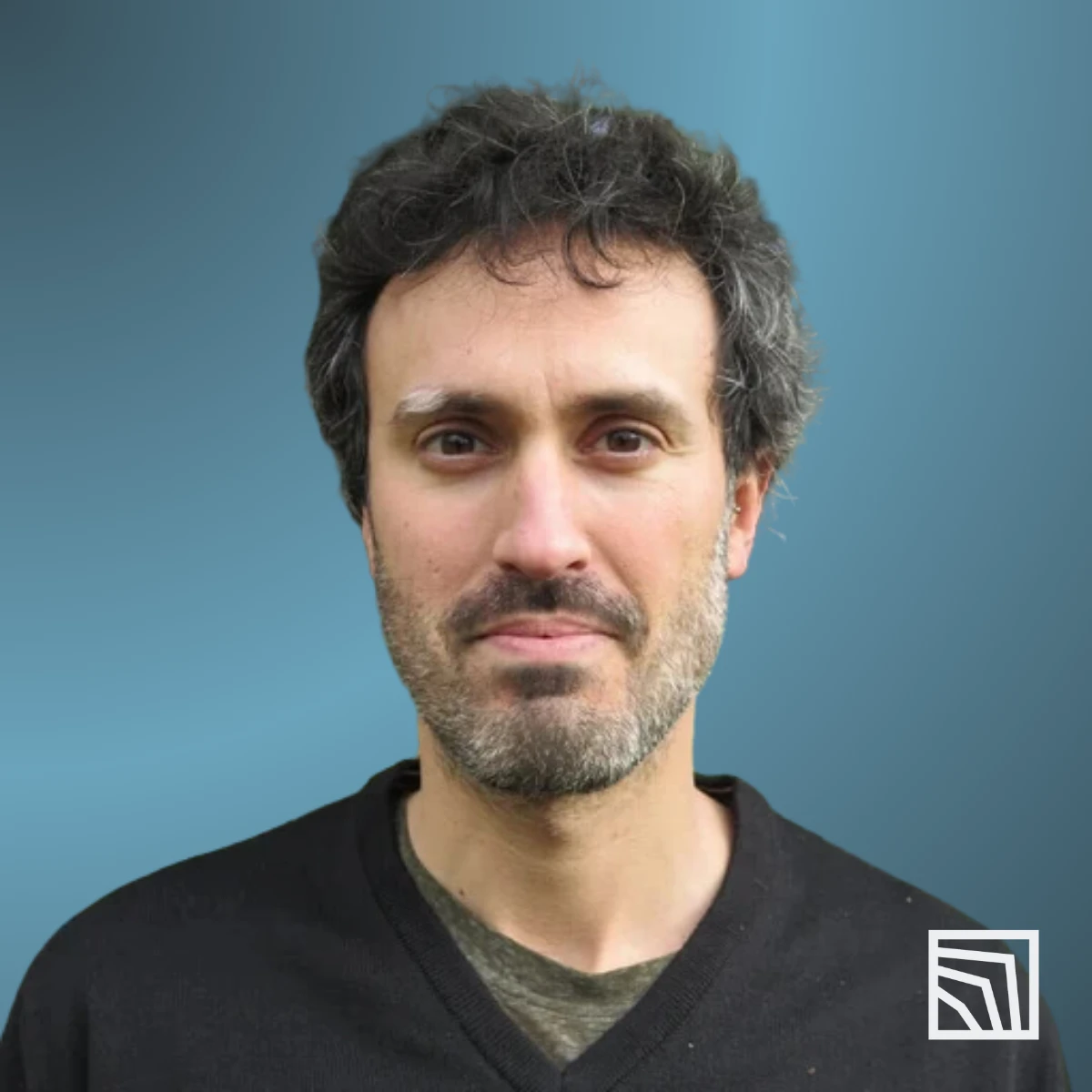
Marc Aixalà, MSc
Licensed health psychologist, psychotherapist, and Holotropic Breathwork facilitator. With expertise in non-ordinary states of consciousness and MDMA-assisted therapy for PTSD, he coordinates support services at ICEERS. Marc also leads workshops, conducts research, and offers lectures on integration and psychedelic psychotherapy globally.
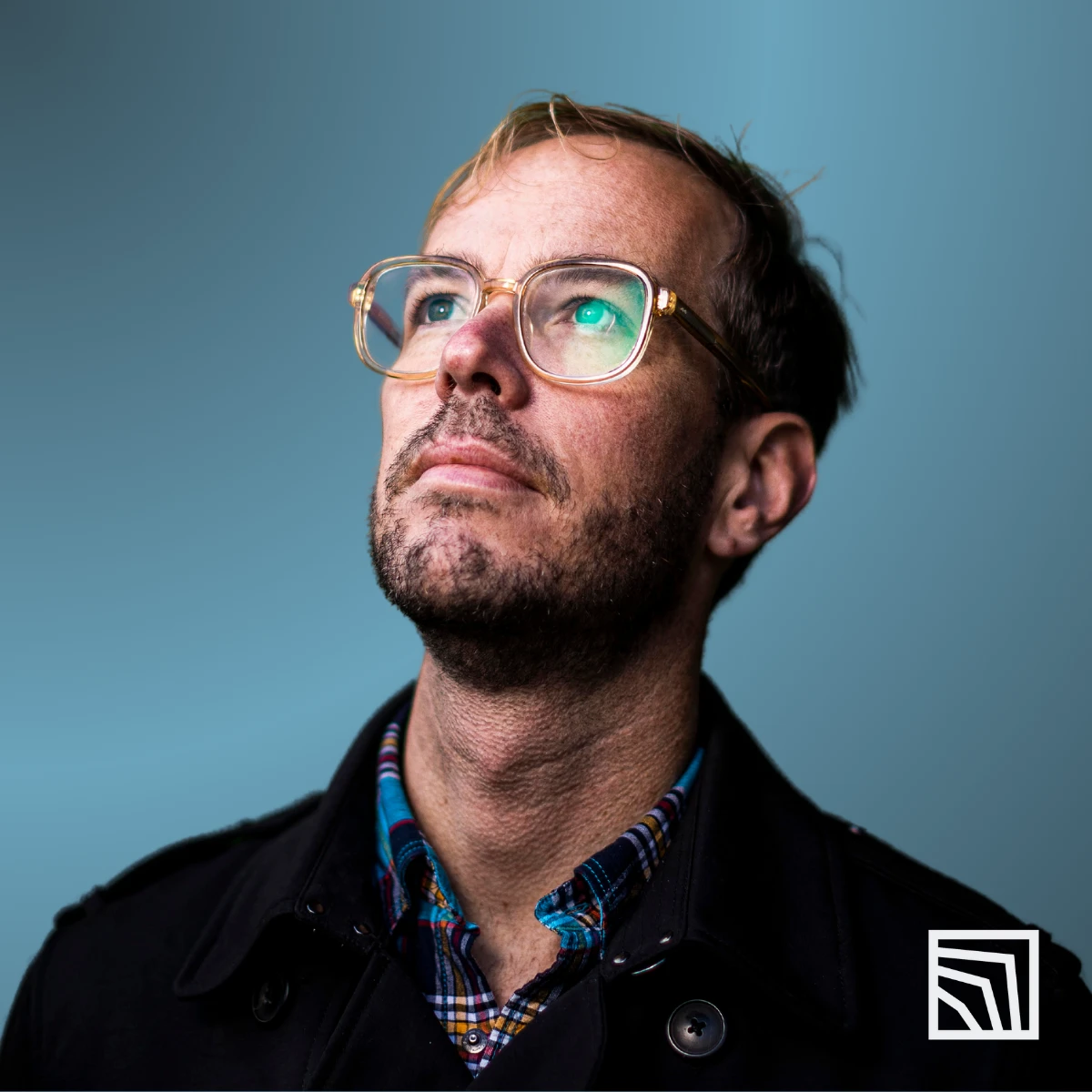
Michiel van Elk, PhD
Associate Professor at Leiden University, leading the PRSM Lab. With expertise in cognitive neuroscience, philosophy, and psychology of religion, he studies altered states of consciousness using diverse methods. A Fulbright scholar, Michiel published extensively and his work has appeared in major outlets like The New York Times and National Geographic.
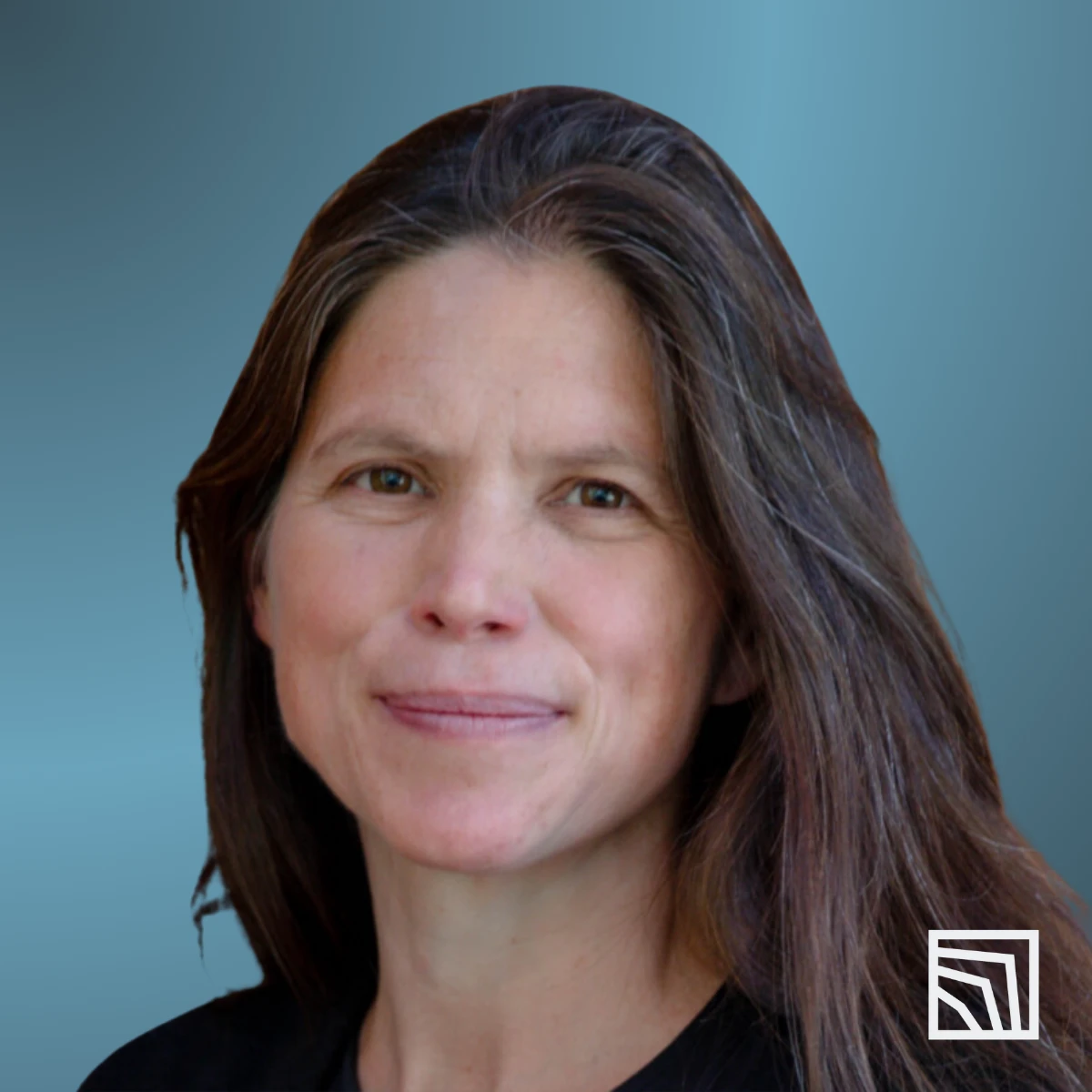
Anja Loizaga-Velder, PhD
German-Mexican clinical psychologist and psychotherapist. Anja has over 30 years of experience working with indigenous psychedelic healing practices. She co-founded the Nierika Institute for Intercultural Medicine in Mexico, focusing on sacred plant medicine research and therapy. Anja also teaches in the Synthesis psychedelic practitioner training program.
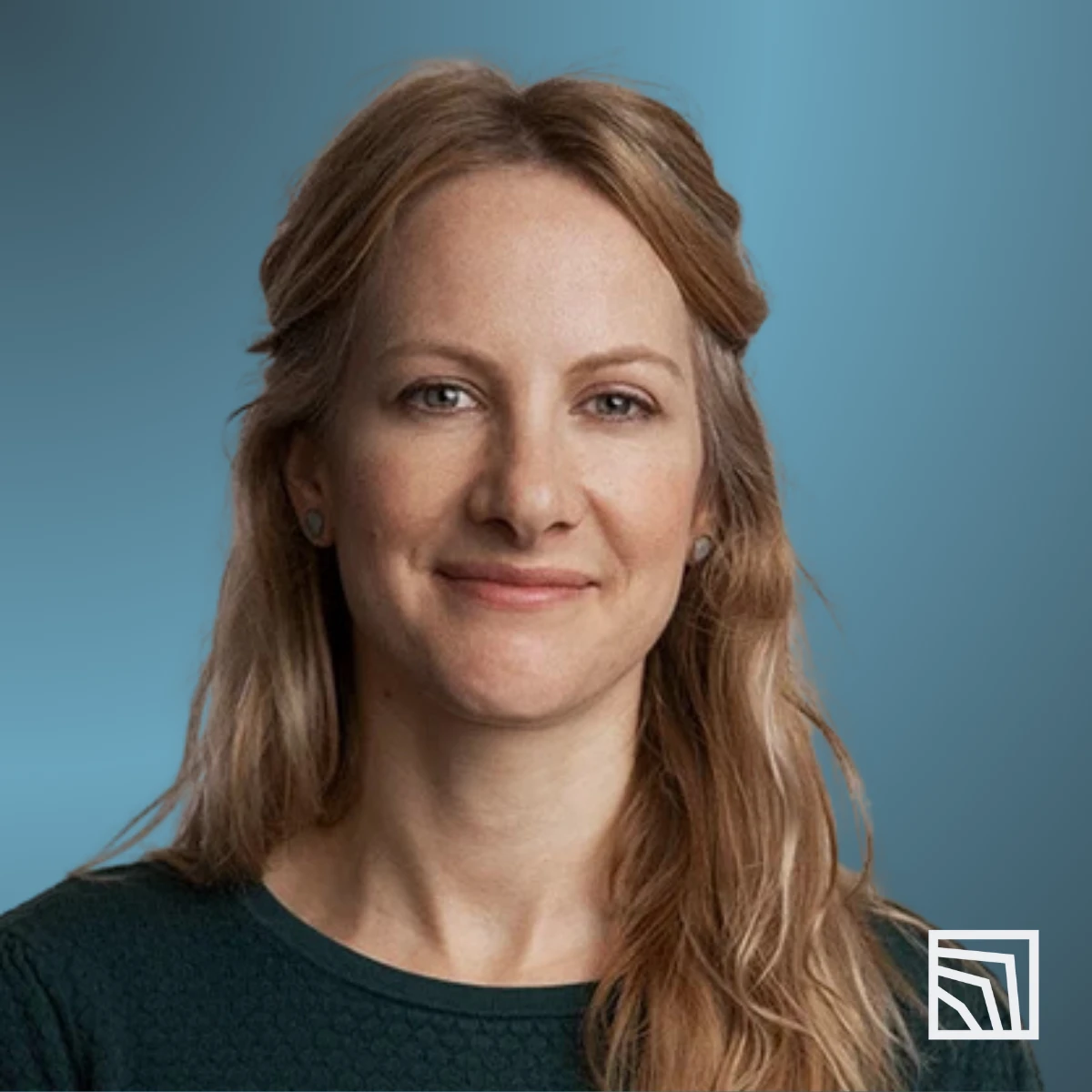
Rosalind Watts, PsyD
Clinical psychologist and founder of ACER Integration. Developed the ACE model (Accept, Connect, Embody) for psychedelic therapy and the Watts Connectedness Scale. Former clinical lead on Imperial College London’s Psilocybin for Depression trial, she also serves on Usona Institute’s clinical advisory board.
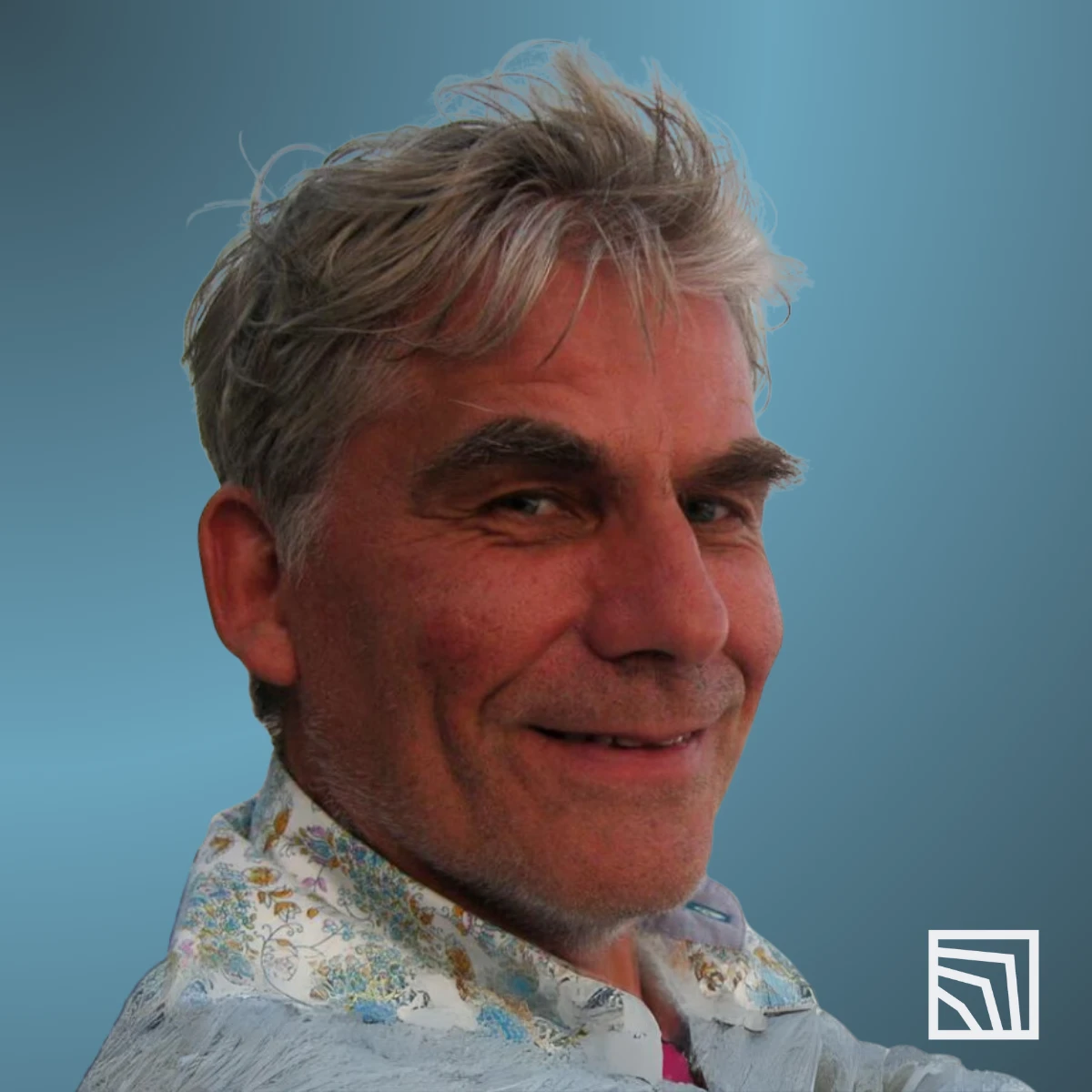
Torsten Passie, MD
Professor of Psychiatry at Hannover Medical School and Visiting Scientist at Goethe University. An expert in hallucinogenic drug research, he has studied the therapeutic potential of altered states of consciousness. A former Harvard Visiting Professor, he has authored 20 books, including The Pharmacology of LSD and The History of MDMA.
Guest Faculty
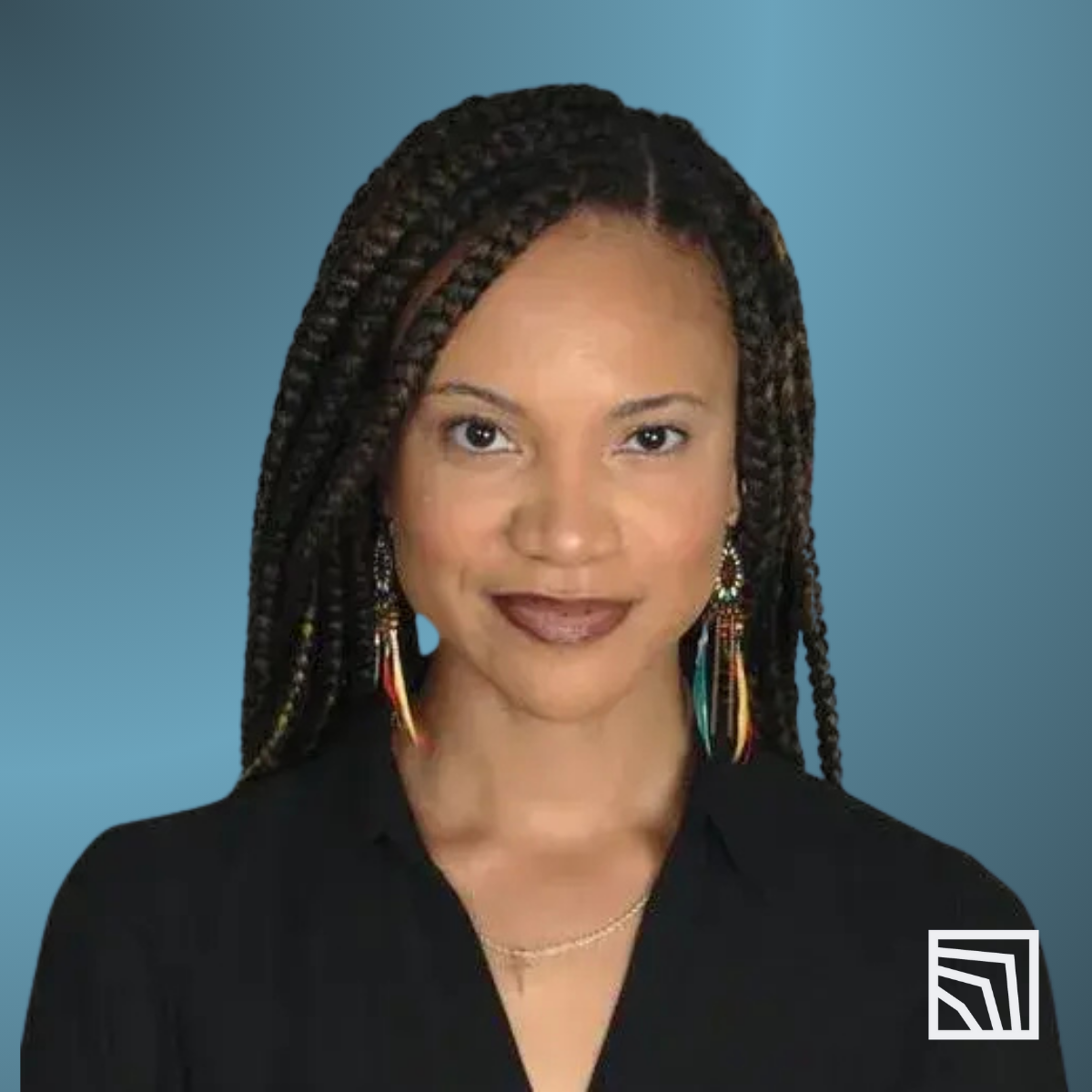
Sara Reed, MS
Sara is an empathic leader, mental health futurist, and practitioner in psychedelic-assisted therapy. She has spent her early career examining the ways culture influences how we diagnose and treat mental illnesses.
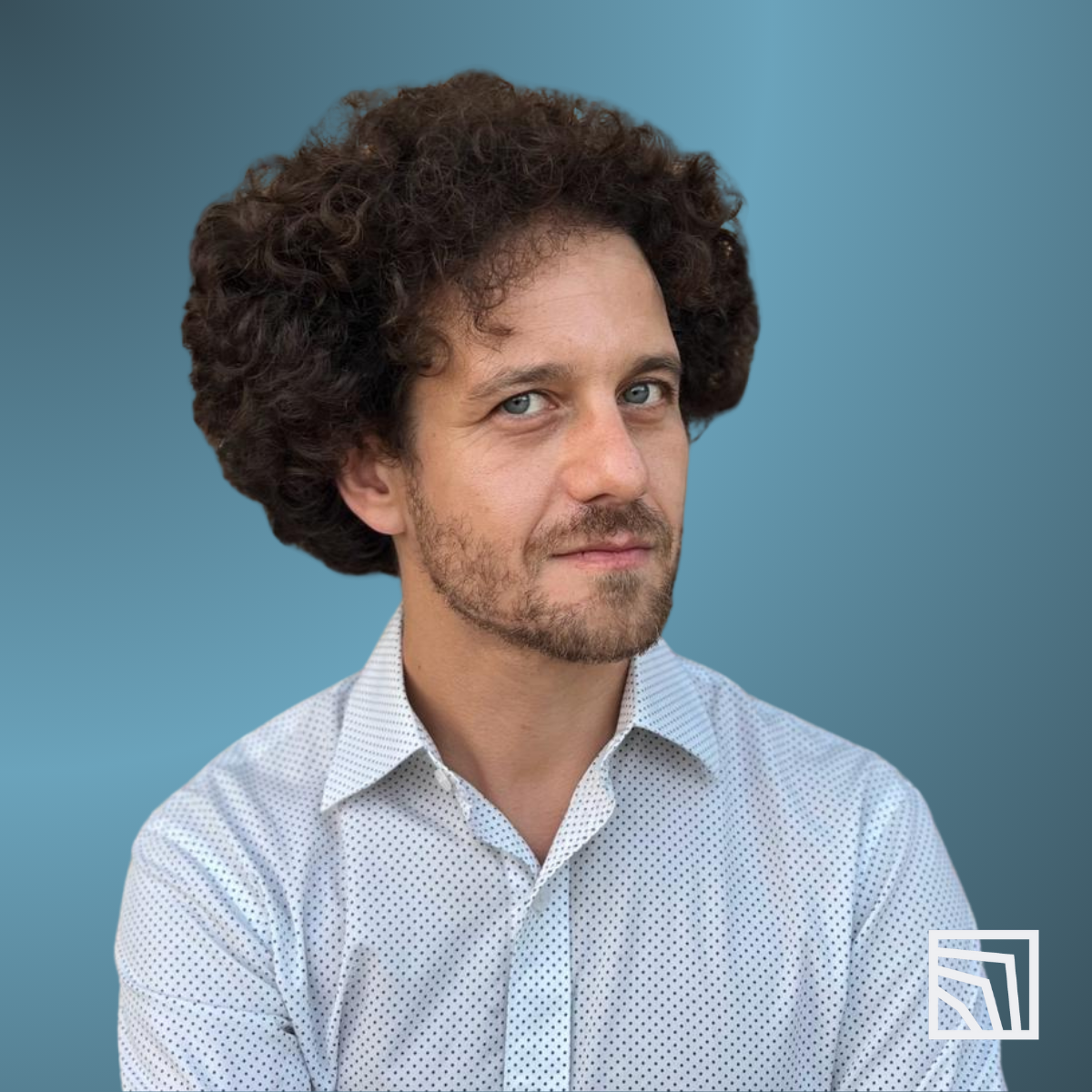
Roman Palitsky, PhD
Roman Palitsky is an Assistant Professor of Psychiatry at Emory University and Director of Research Projects in Spiritual Health. His work applies a bio-psycho-social-spiritual approach to behavioral interventions, ensuring treatments align with patients’ cultural needs. In psychedelic research, he focuses on making therapies rigorous, effective, and accountable while supporting those who may experience adverse effects.
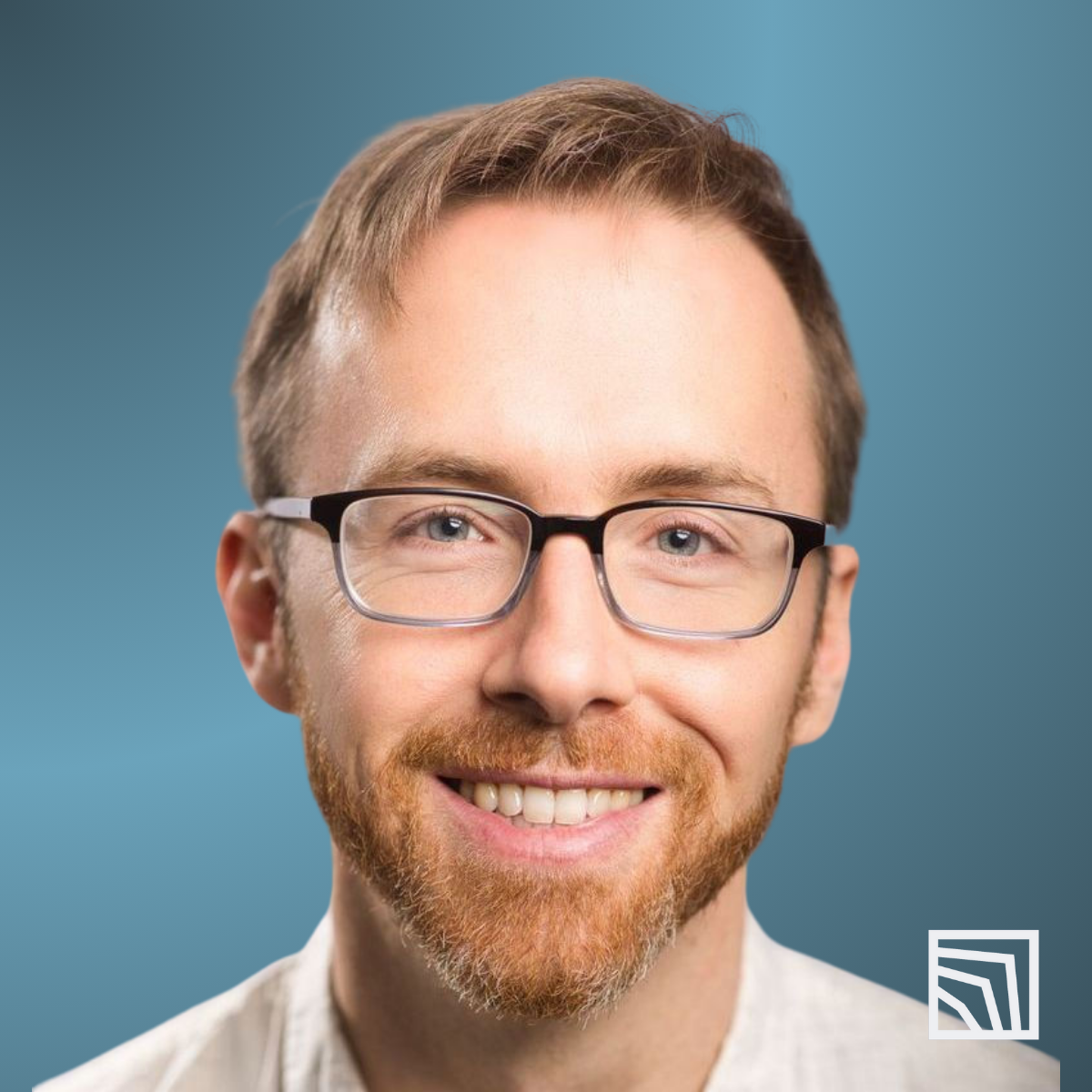
Bill Brennan, PhD
Bill Brennan is a psychologist in NYC and a clinical researcher at Cybin Inc., where he co-developed the EMBARK approach to psychedelic-assisted psychotherapy. He has coauthored treatment manuals for clinical trials, including one on psilocybin for COVID-related depression. His work explores ethics in psychedelic therapy, and he has written and spoken on systemic change in the field. He also studies Somaterapia, a somatic group therapy approach in Brazil, and has a background in community psychology and neuroscience research at NYU, Columbia, and the University of Washington.
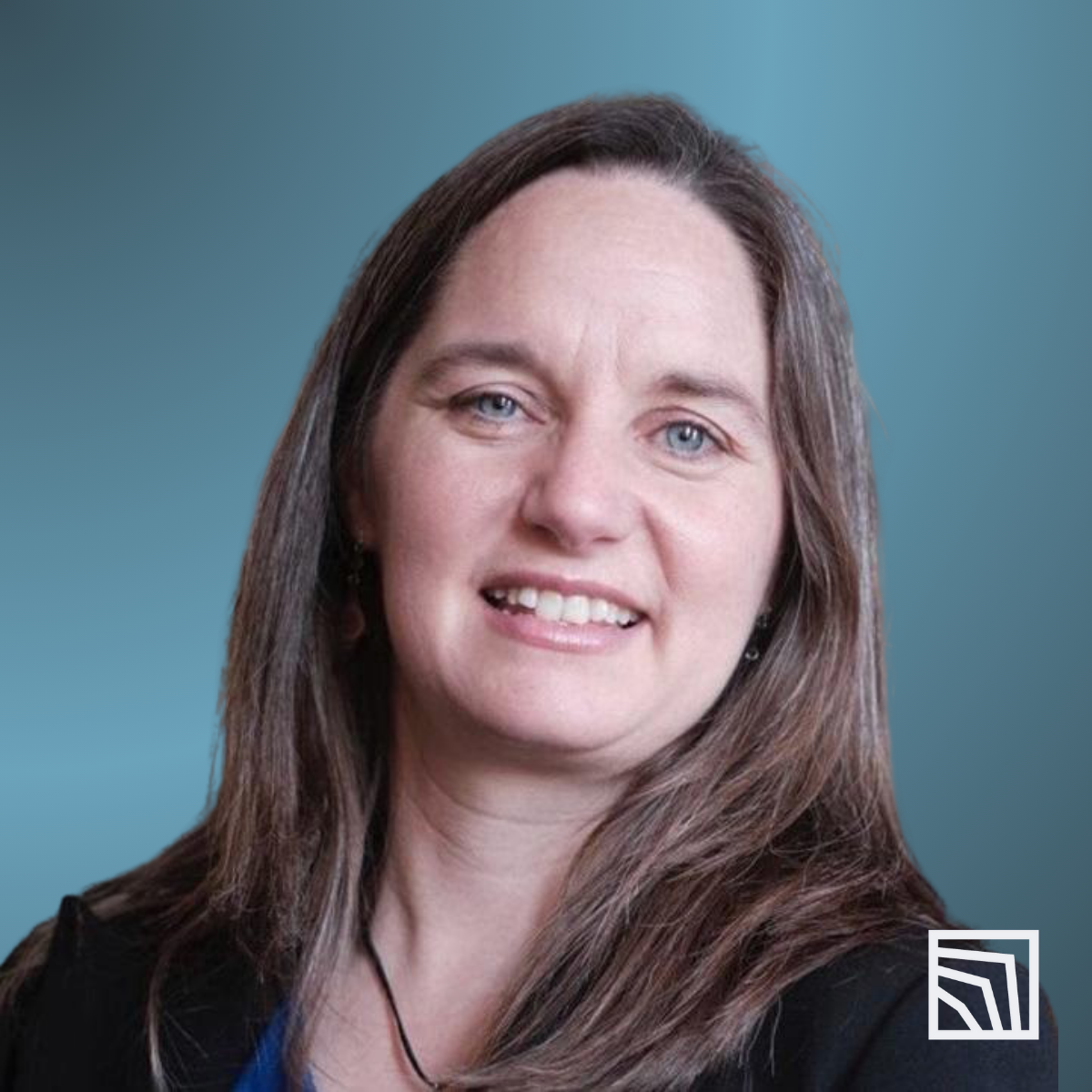
Erica Dyck, PhD
Erika Dyck, Ph.D. (History), is a Professor at the University of Saskatchewan, and a Canada Research Chair in the History of Health & Social Justice. Erika is also part of Chacruna’s Board of Directors and hosts the two series “Women in the History of Psychedelic Plant Medicines” and “Global History of Psychedelics.”
Perspectives From the Faculty
"The brain-reset analogy makes people think psychedelic-assisted therapy is a passive thing. In fact, it is a deeply engaged process that requires support from trained therapists."
Rosalind Watts, PsyD
The work of a therapist is to be confronted with difficult situations every day. Finding a place where you are taken care of as a therapist can be very helpful."
Marc Aixalà, MSc
Applications are considered on a rolling basis. Limited spots available.
Advisory Council
The Advisory Council brings together world-renowned experts with immense collective knowledge, integrity, and experience in designing and running training programs for healthcare professionals, including psychedelic-assisted therapy. They contribute to content development, strategy, and quality control in ethics, infrastructure, and program delivery.
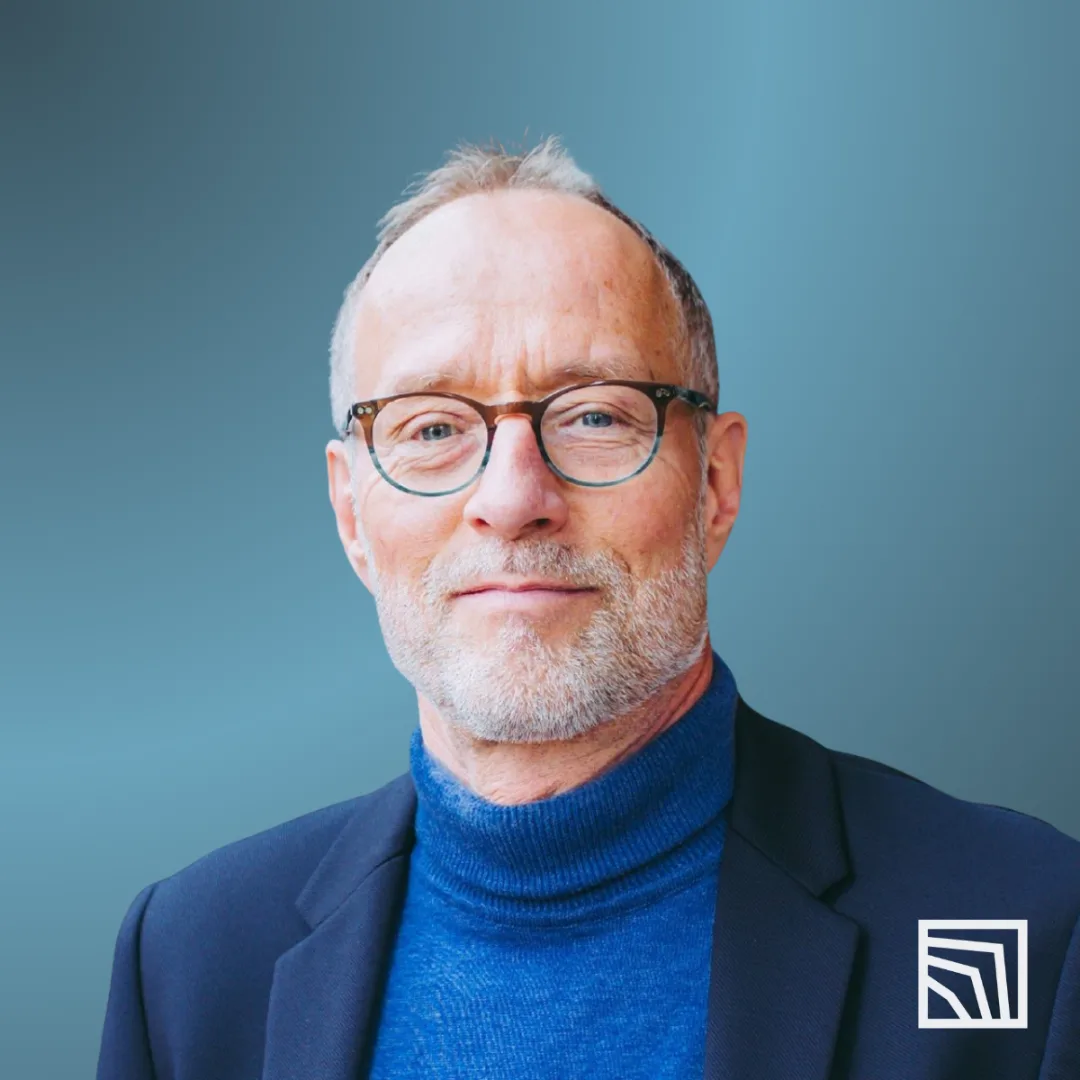
Robert Schoevers, MD, PhD
Professor of Psychiatry and Head of the Department at UMCG. His research focuses on mood and anxiety disorders, particularly depression, aiming to develop effective interventions by exploring neurobiological and psychological mechanisms. His work includes studying psychoplastic compounds, like ketamine and psilocybin, for treatment-resistant depression.
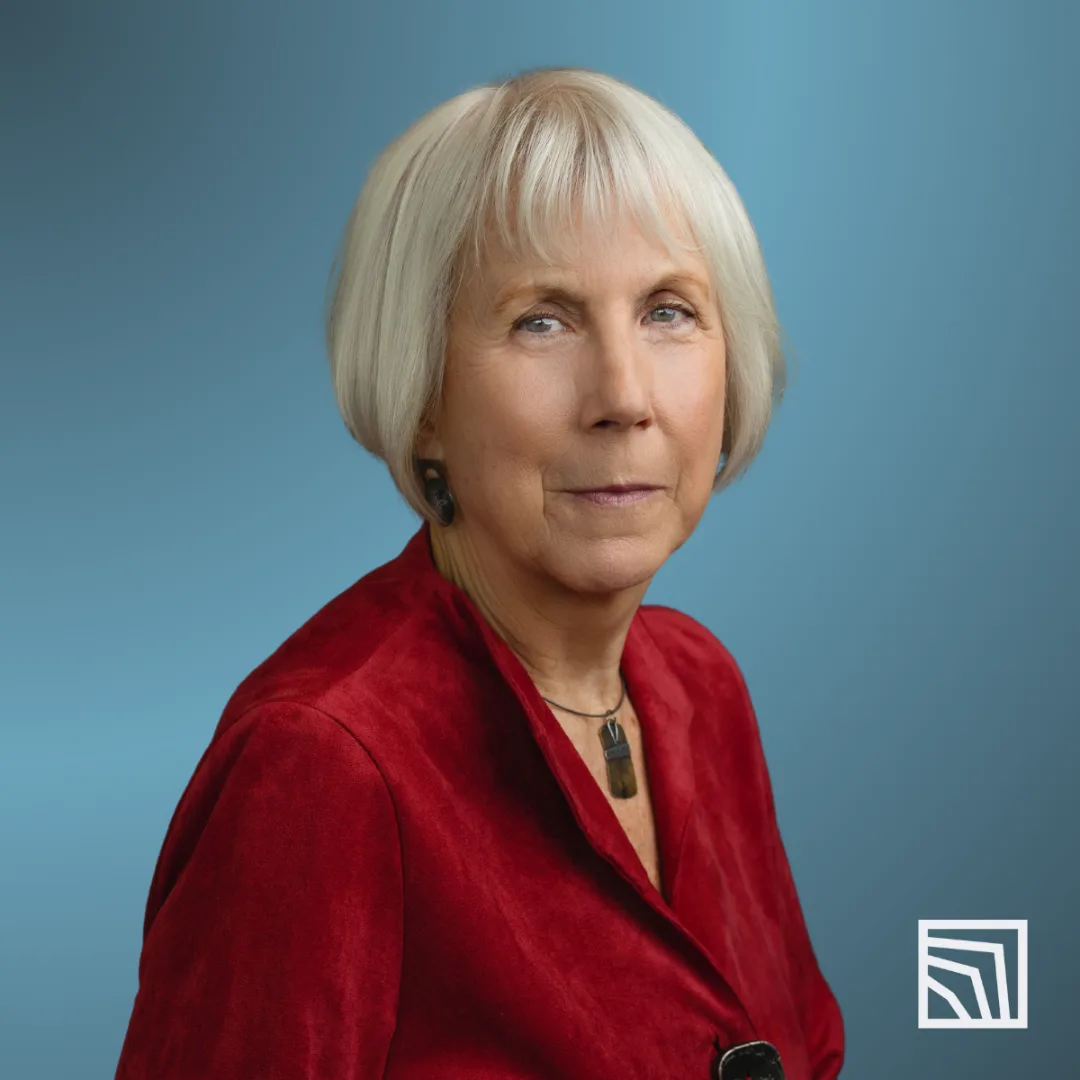
Janis Phelps,
PhD
PhD
Founder and director of the psychedelic therapy education programme at CIIS in San Francisco. Her 2017 publication outlines best practices for training psychedelic therapists. With over 25 years of experience, she has worked as a clinical psychologist and professor in various therapeutic modalities.

Lisa Bright,
BSc
BSc
Decades of experience in executive board functions and as a senior adviser to multiple pharmaceutical companies. Highly experienced in vision and strategy development with an extensive network in fundraising.
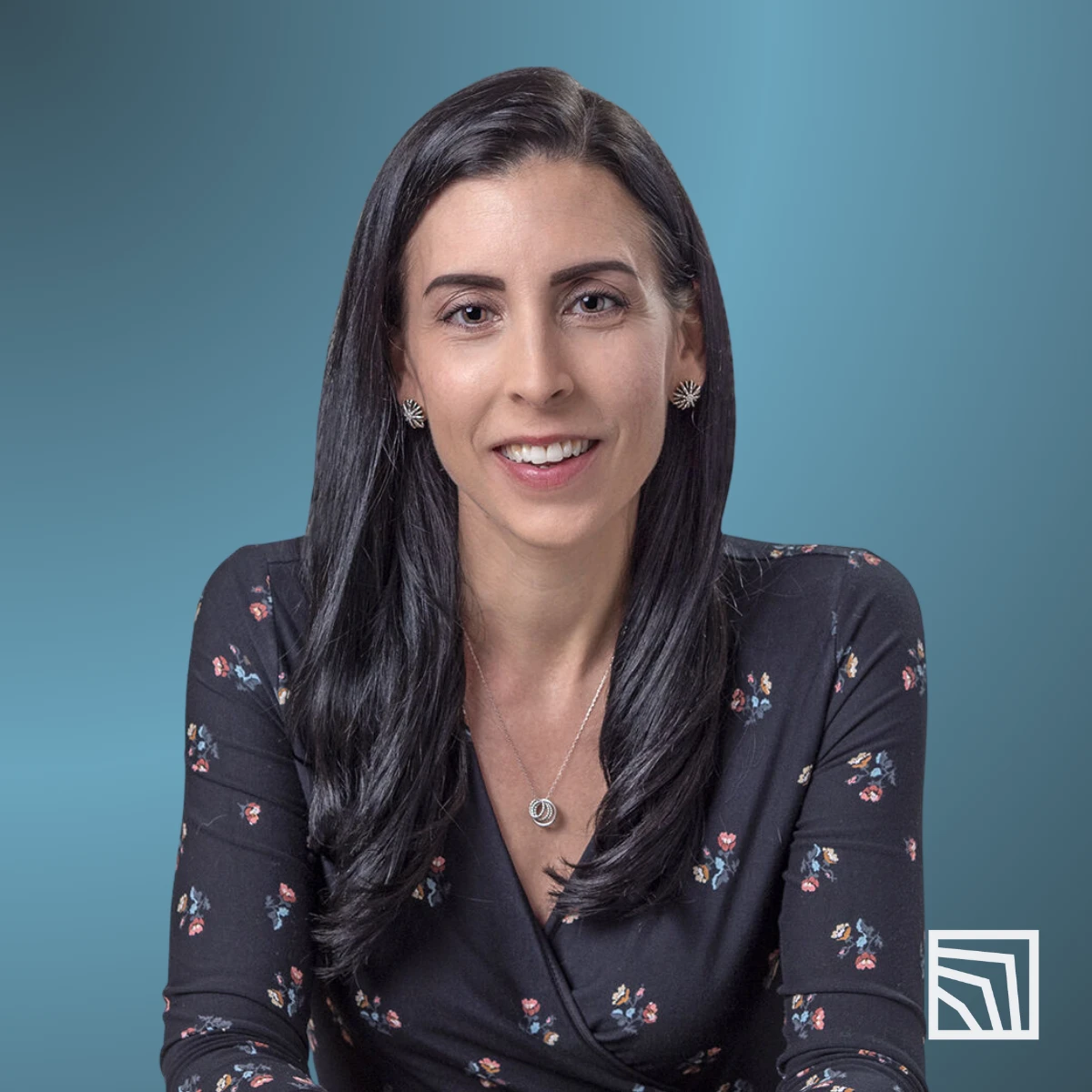
Holly Lynch, JD, MBE
Associate Professor of Medical Ethics and Law at the University of Pennsylvania. Lawyer and bioethicist by training, her work focuses on FDA pharmaceutical policy, clinical research ethics, and pre-approval access pathways, including around psychedelic-assisted therapies.
Foundations Team
Foundation’s driving forces from the OPEN Foundation.
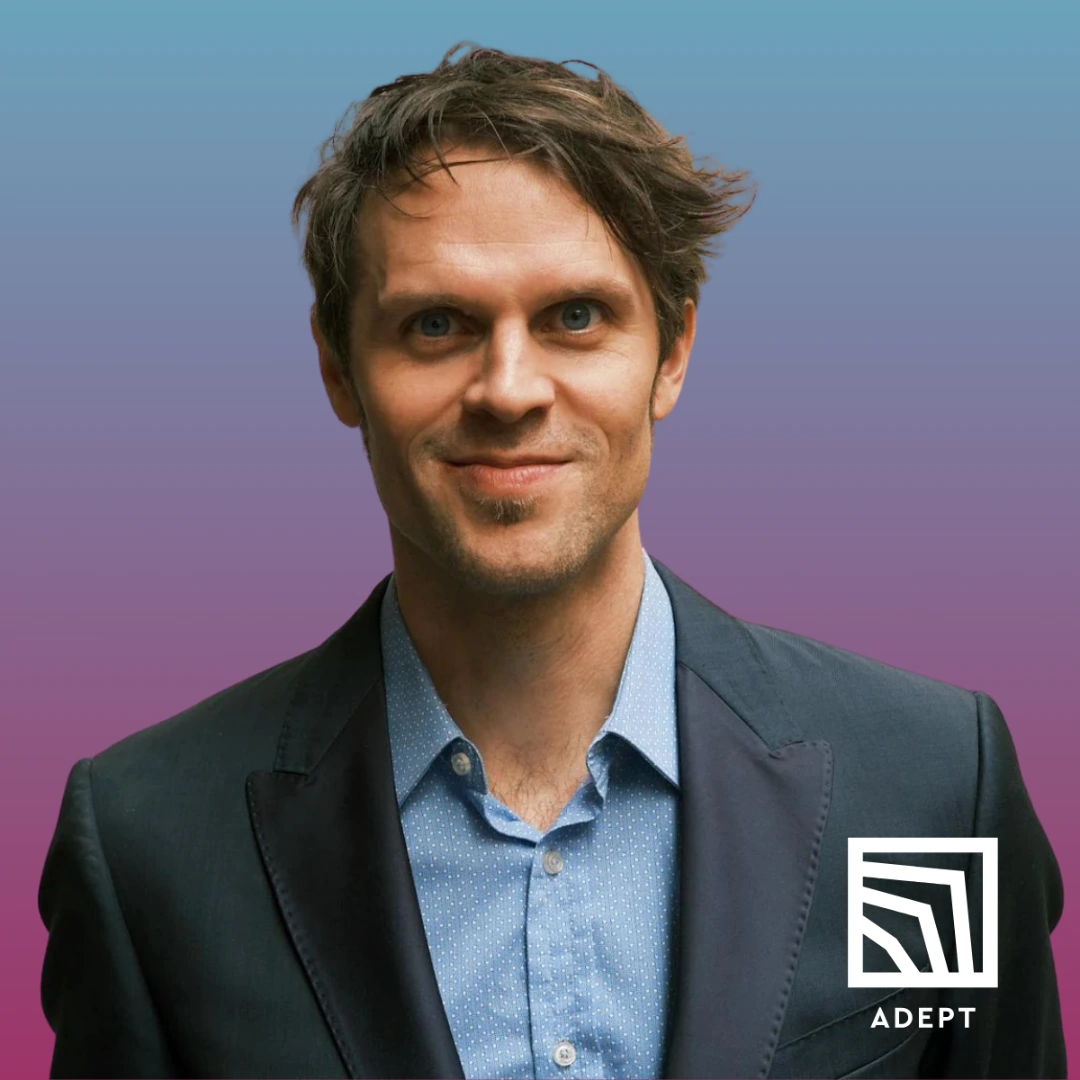
Joost Breeksema
Director OPEN Foundation
Joost holds a MA in philosophy and a PhD in Psychiatry. His work bridges the boundaries of psychiatry, psychology, philosophy, qualitative research, and public health. A connector at heart, he is convinced that therapeutic use of psychedelics can only be advanced through critical reflection, rigorous science, interdisciplinarity and collaboration. Underlying all his work is a deep-seated belief in the scientifically grounded, responsible, inclusive, and ethical integration of psychedelics into healthcare and society.

Ana Martins
Operational Manager
Conference Manager for ICPR 2024, Ana brings extensive experience in large-scale event and project management. With a Master’s degree in Clinical Psychology from Leiden University, Ana combines clinical expertise with operational acumen. She is dedicated to bridging research and practice, contributing to the advancement of psychedelic therapy training through her organisational and strategic efforts.
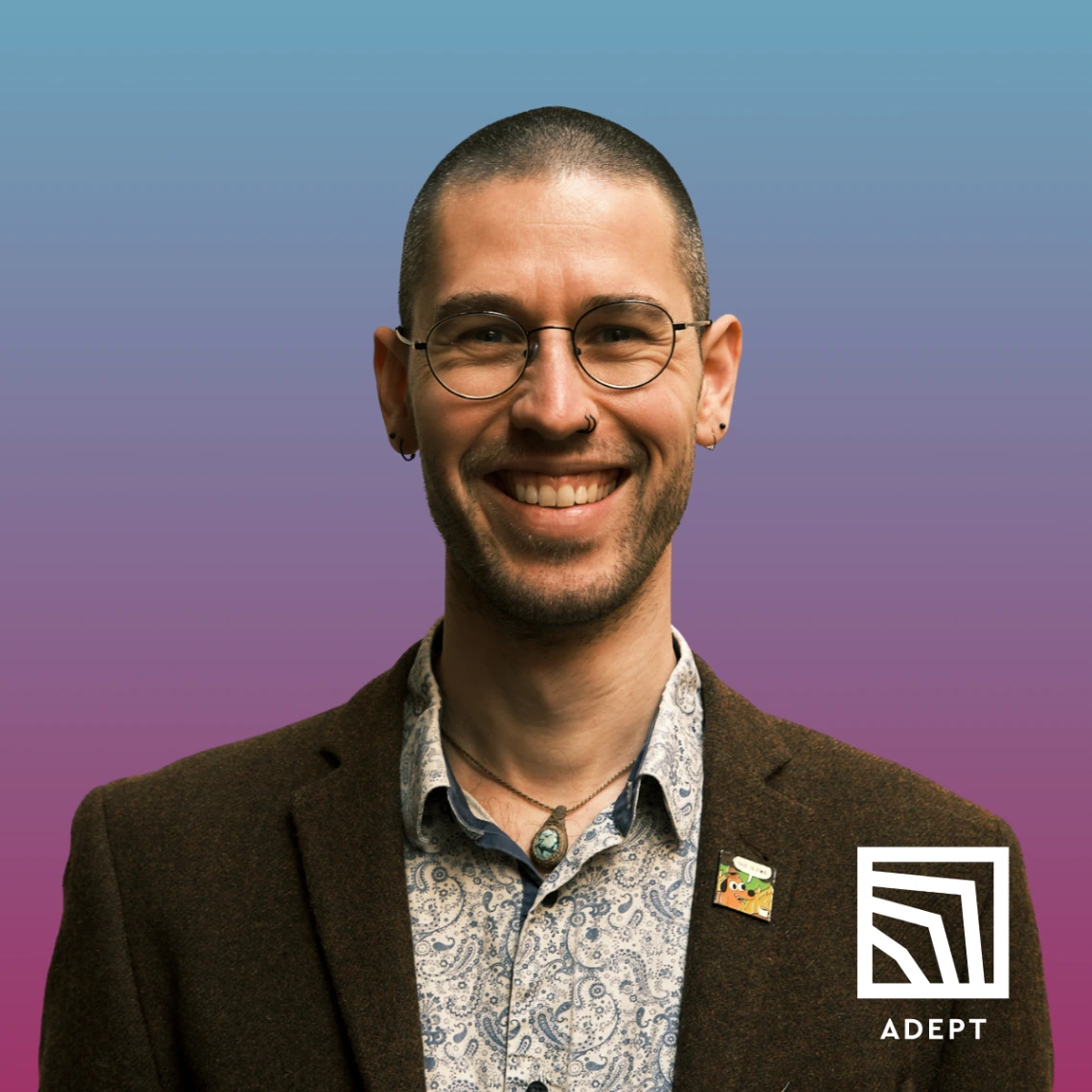
Daan Keiman
Educational Lead
Daan is a psychedelic and Buddhist chaplain with a private practice, blending contemplative practices, (neuro)anthropology, cognitive science, and existential therapy. With extensive experience as a facilitator and curriculum developer for psychedelic training programs, Daan promotes a multidimensional approach to psychedelic-assisted psychotherapy and advocates for community-based care models.
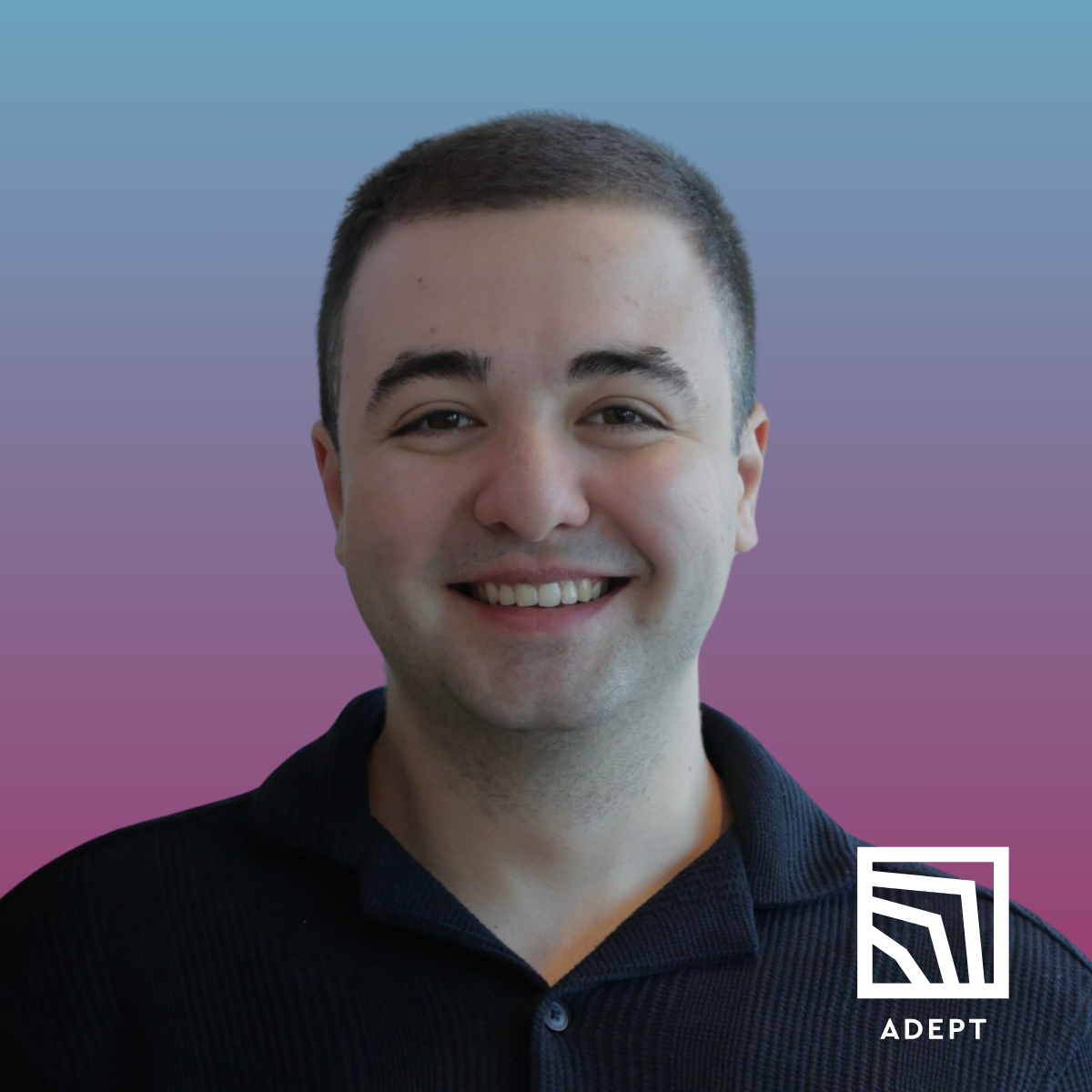
Aref Touleimat
Student Coordinator
With a Psychology BSc and a background in a Creative Business BA, Aref is committed to the advancement of psychedelic therapy. Over the past three years, Aref has been actively involved with the OPEN Foundation, contributing to projects such as ICPR and, most recently, stepping into the role of Student Coordinator for ADEPT. Aref has a keen eye for detail and ensures that complex processes feel effortless, fostering an environment where learning and growth happen seamlessly.
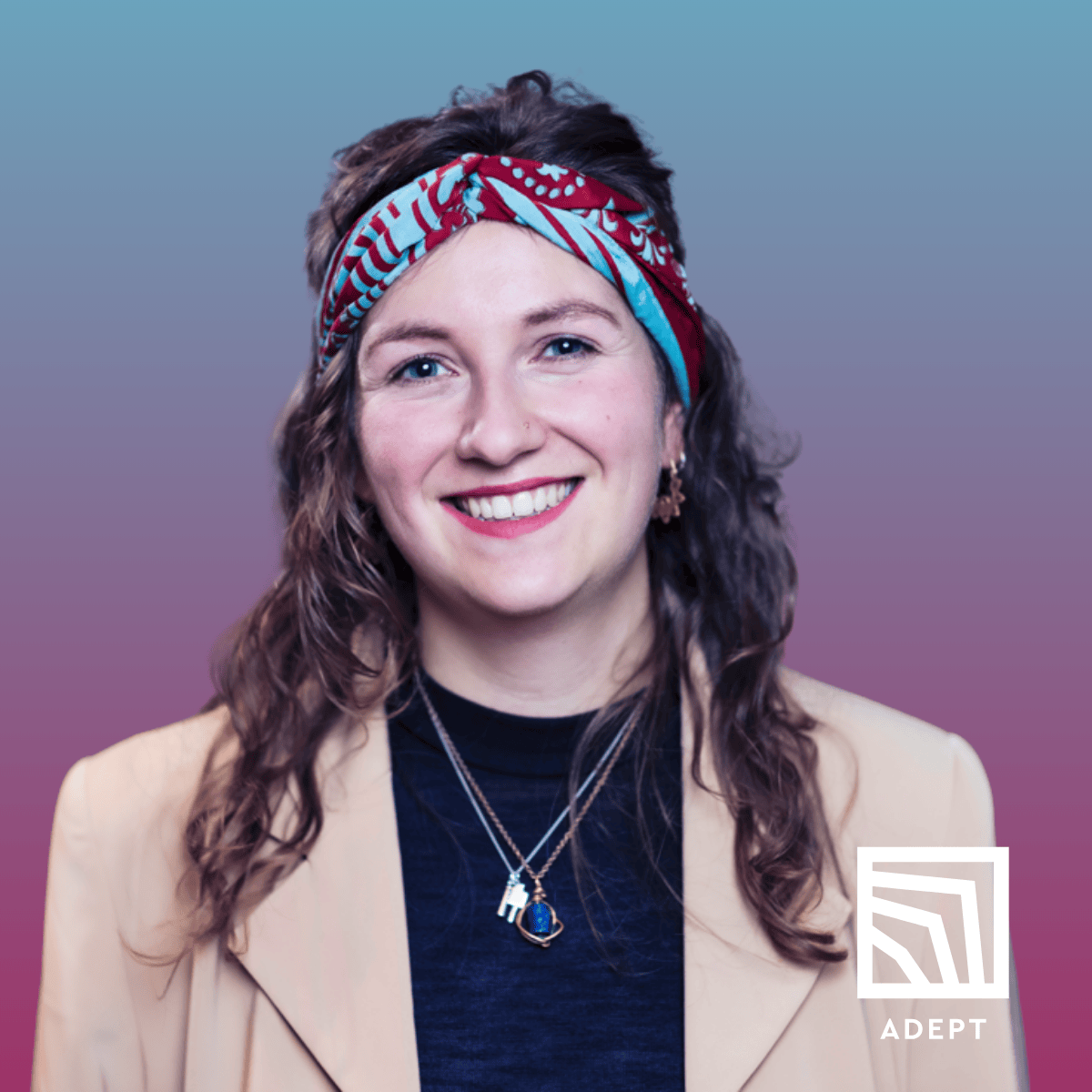
Cato de Vos
Tutor Group Leader
Cato holds an MSc in Neurobiology from the University of Amsterdam and has experience supporting clinical trials on psychedelics-assisted therapy in the Netherlands. Since 2021, she has contributed to the programming of the OPEN Foundation and the Interdisciplinary Conference on Psychedelic Research.
She currently works as a junior lecturer in Psychology at Vrije Universiteit Amsterdam and as a tutor in the OPEN Foundation’s psychedelic therapy training programme. In addition, Cato provides PsyCare at (inter)national festivals and is the founder of PsyCare NL.
A daily dose of meditation, movement, and playfulness keeps her smiling.
Contact Us
Looking for more information? We’re here to help.
Check out the FAQ section or reach out to us at foundations@open-foundation.org, and the team will get back to you as soon as possible.

